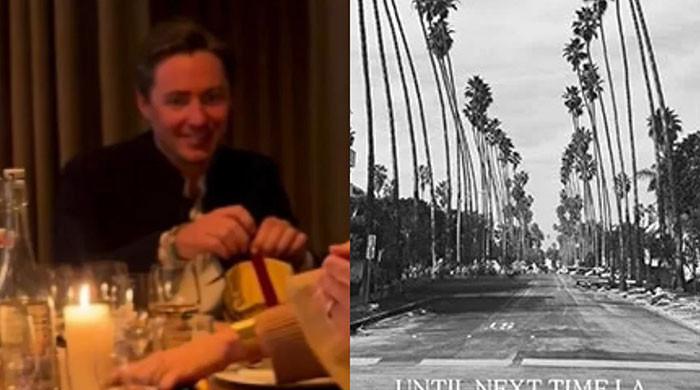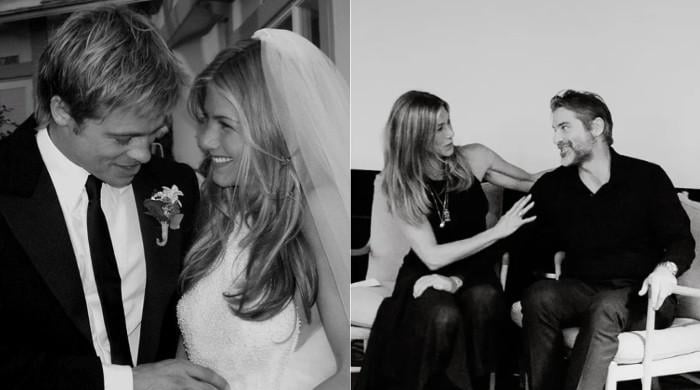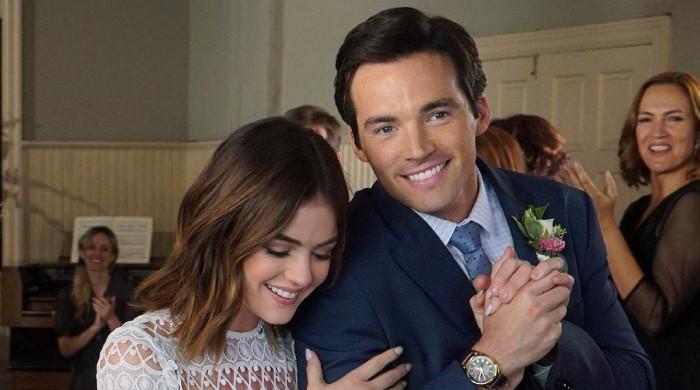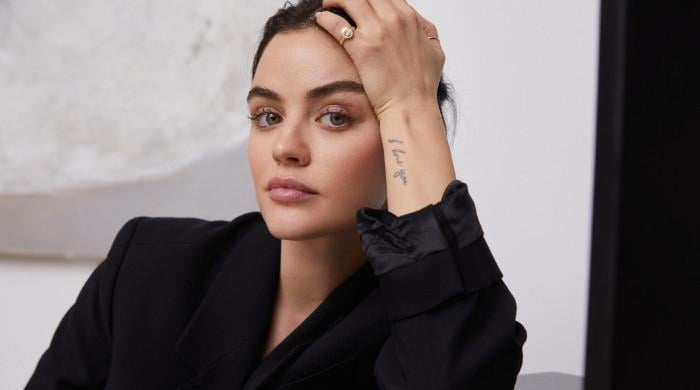‘Barbie’, an ode to mothers, daughters, and their shared love for dolls
For a doll touted as the paragon of feminism, Margot Robbie’s ‘Barbie’ spent a tad too much time trying to convince the audience of the same
August 01, 2023
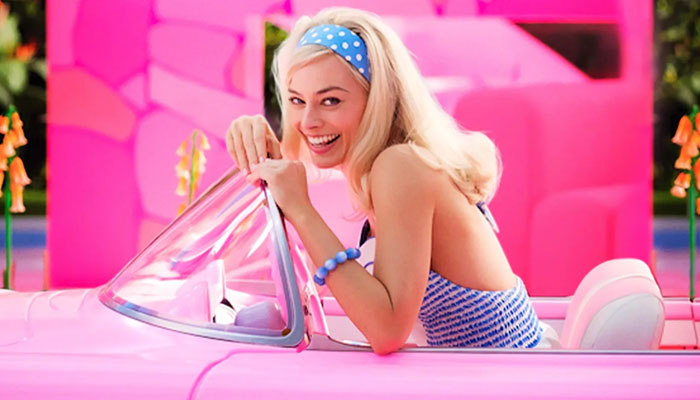
When Barbie was announced two years ago, my mind made a list of things that could go wrong with it. Nonetheless, as the fantastical pageant rolled out before my eyes, all my doubts receded into the background as I let myself bask in its glory.
My spirits were profoundly invigorated as soon as I entered the theatre with my mother after a long night of work shift on a regular Wednesday.
When I was welcomed with splashes of pink scattered across the foyer inquiring about tickets for Barbie, I knew I was going to have an experience of a lifetime.
Taking my mother to watch the film was not a decision made in haste; it was an extremely calculated one, with the promise of having her experience a nostalgic trip down memory lane.
Read More: 'Barbie' surpasses $700M Global Box Office mark
It worked in my favor that mumma is such a big fan of the Barbie films from my childhood. What I didn’t know was that the film was actually going to touch on the complicated relationship between a lonely mother and her growing daughter!
The first half of the film was everything one could expect from a movie based on a doll: artsy apparels, life-sized dream houses, groovy sing-alongs, and a whole lot of pink.
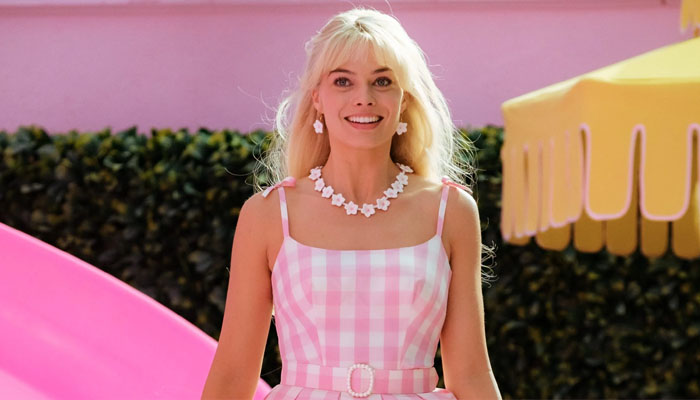
As much as one would argue that this is Barbie trademark, my mother sat blank-faced through it; she didn’t get the hype created by the marketing team, echoed by my incessant claims of its anticipated greatness and of theatre seats filled with giggling girls in pink outfits.
Despite the fact that I left the theatre feeling more empowered than I did before, the film fell short on expectations it set for itself. It felt like it was trying to tackle so many plot points at once that nearly two hours for it weren’t enough.
For a doll that proclaimed to be the paragon of feminism in the first three minutes of the film, Margot Robbie’s ‘Stereotypical Barbie’ spent a tad too much time trying to convince the audience (and herself) of the same.
Read More: 'Barbie' movie soundtrack dominates UK singles charts
It oscillated between a light-hearted pink extravaganza to a grave corporeality marred by inequality and other big words, in an attempt to find its footing for a film that feared getting too emotionally grounded.
Despite this, all hail Greta Gerwig, the auteur who managed to imbue scenes and dialogues here and there that aptly mirrored the fervency of the story in such a powerful way that I had to take a moment to myself to absorb it all in.
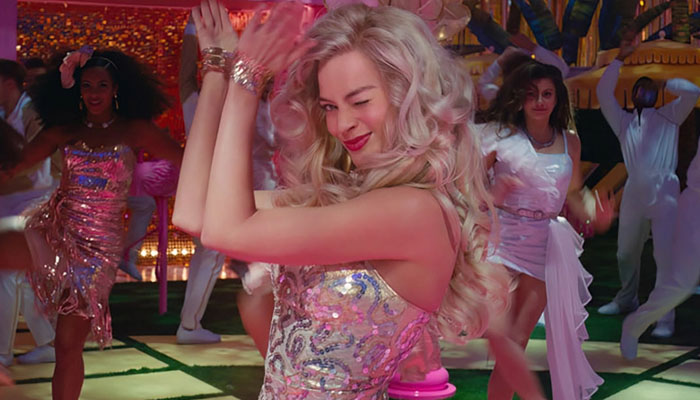
The mother-daughter relationship that Barbie very enthusiastically teased was only cooked halfway before the filmmakers realized it will take away from the unwarranted screen-time occupied by the Kens.
As the eldest daughter in a brown household who often (read: most of my life) finds herself torn between being sympathetic for the child in my mother and resentful for inheriting her similar taste for suffering, I would have loved to see the film exploring the love-hate relationship; which wasn’t fixed by a single sequence of dialogues.
America Ferrera’s performance as the lonely mother made me turn my head toward mine to take in her expressions and find a glimpse of resonance, and my heart swelled at the revelation.
Read More: Margot Robbie's features match 'Barbie' aesthetics, AI reveals
"We mothers stand still so our daughters can look back and see how far they have come," tells an old woman seemingly portraying Ruth Handler, the original inventor of the Mattel doll (played by Rhea Perlman in the film), to Barbie during the final moments of the film.
This dialogue alone made me want to jump out of my seat and hug my mother and revel in it until the tear-jerking montage of mother-daughter flashbacks was over.
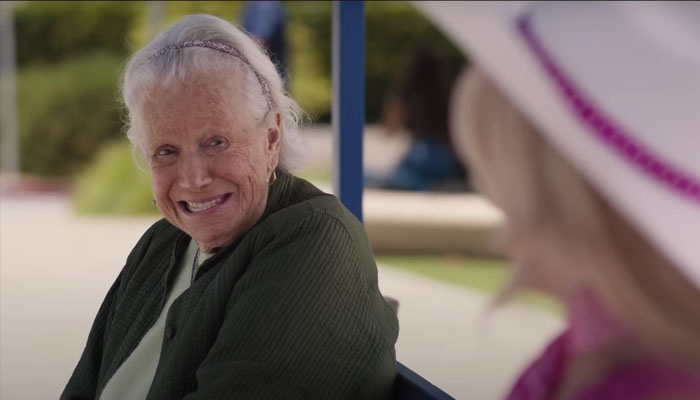
This very theme also influenced this review or opinion or rather, opinionated-review, that Barbie is, indeed, an ode to mother-daughter relationships and the many layers they have; because the very first Barbie created by Handler in the late ‘50s was the incarnation of her love for her daughter named Barbara, which has since been immortalized in every iteration of the plastic doll ever made.
Taking my mother to watch it with me turned out be a more meaningful decision than intended!
Despite its shortcomings, Barbie was a joyful watch that would definitely be talked about in every sleepover among tweens and teens and of course, me, an adult, who would be raving about it with my girlfriends for a long, long time.
Read More: Will Margot Robbie’s ‘Barbie’ movie stream on Netflix?
Just being surrounded by women who had turned a deaf ear to every voice branding them childish for getting their dusty pink outfit out of the closet and wearing it to a ‘kids film’, reliving nostalgia to its fullest, and watching our favorite doll break decades-long stigma of being perfect attached to her was an experience alone.
And trust me, I’d do it all over again.




